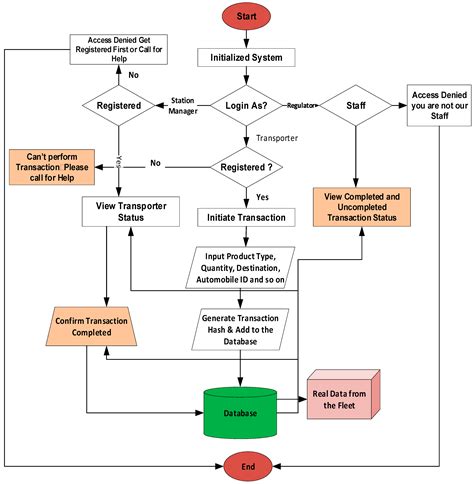The role of cryptocurrency exchange platforms in the management of trading volatility
In the rapidly developing world of cryptocurrencies, trade volatility for investors and dealers has become an important concern. The quick price fluctuations, market uncertainties and regulatory risks related to the trade in cryptocurrencies have led to an increasing need for effective risk management strategies. A crucial component of these strategies is the role of cryptocurrency exchange platforms in the management of trading volatility.
What are cryptocurrency exchange platforms?
Cryptocurrency Exchange platforms, also referred to as stock exchanges, are online platforms with which users can buy, sell and exchange cryptocurrencies such as Bitcoin (BTC), Ethereum (ETH) and others. These platforms offer a secure and centralized interface for individuals to carry out financial transactions using various payment methods such as credit cards, bank transfers or cryptocurrencies themselves.
The challenges of trade volatility
The commercial cryptocurrency is inherently volatile due to the following factors:
- Market uncertainty : The cryptocurrency market is susceptible to sudden price fluctuations, influenced by news events, regulatory changes and global economic conditions.
- Liquidity risks : Market manufacturers and other liquidity providers can experience significant losses if they do not have sufficient capital to cover their business.
- Regulatory risks
: Changes to the regulations or tax policy can lead to increased trading costs, fees or even market closings.
The role of cryptocurrency exchange platforms in the management of trading volatility
Cryptocurrency Exchange platforms play a crucial role in the management of trading volatility by providing the following functions and services:
- Market Making : Many stock exchanges offer market manufacturing of market services in which you act as an intermediary between buyers and sellers to maintain fair prices. This contributes to reducing price volatility and ensures that the prices remain stable.
- Order flow management : Exchange can efficiently manage the order flow so that retailers can do business at optimal times and minimize the effects of price fluctuations on their portfolios.
- Risk management tools : Many exchanges offer risk management instruments such as stop-off orders, position limits and security strategies that help merchants to alleviate potential losses during the volatile market periods.
V.
Liquidity regulations : Borders can provide dealerships by buying or selling cryptocurrencies at affordable prices, which reduces the effects of price volatility on their portfolios.
Advantages of cryptocurrency exchange platforms in the management of trading volatility

The use of cryptocurrency -exchange platforms to manage commercial volatility offers investors and dealers several advantages:
- Improved market access : Exchange offers access to a variety of cryptocurrencies so that retailers can participate in markets that may otherwise not be accessible.
- Improved risk management : By providing risk management instruments and liquidity consulting services, the stock exchanges help the dealers to minimize potential losses in volatile market times.
- Increased liquidity : Exchange can increase liquidity by exchanging cryptocurrencies at optimal prices and reducing the effects of price volatility on their portfolios.
Challenges ahead
While Cryptocurrency Exchange platforms play an important role in the management of commercial volatility, some challenges still have to be addressed:
- The regulatory complexity : The regulatory environment for cryptocurrencies continues to develop quickly, which creates uncertainties and potential risks for dealers.
- Security risks : Cryptocurrency exchange and containers can be susceptible to security risks such as hacking and phishing attacks that can affect confidential information and merchant data.
3.






